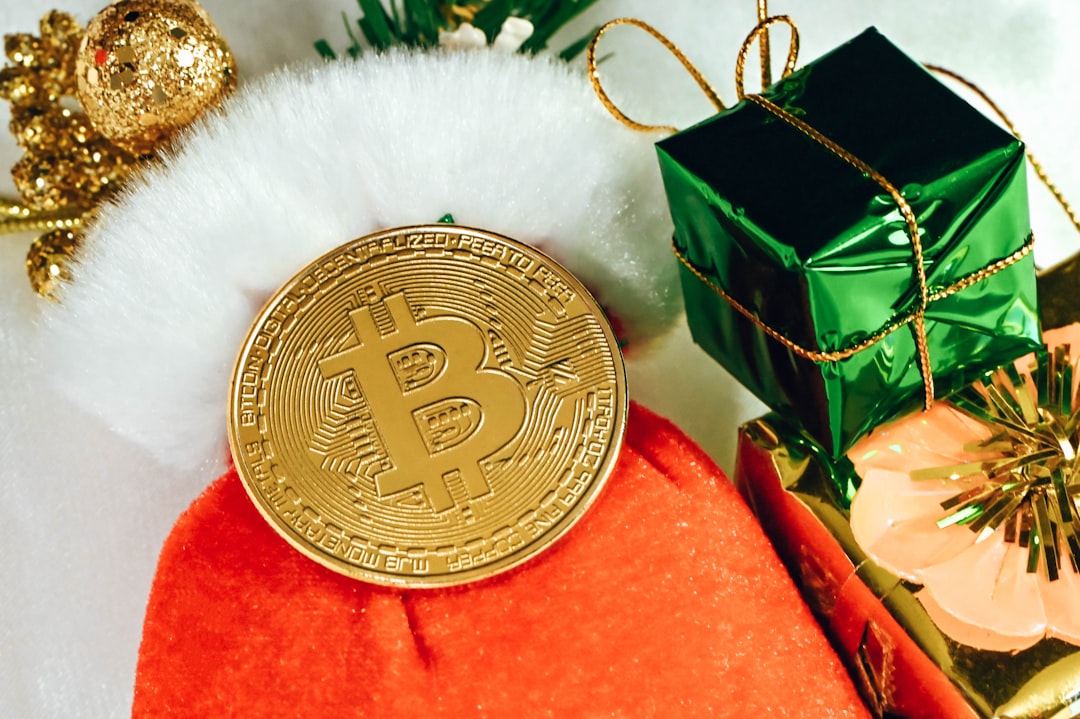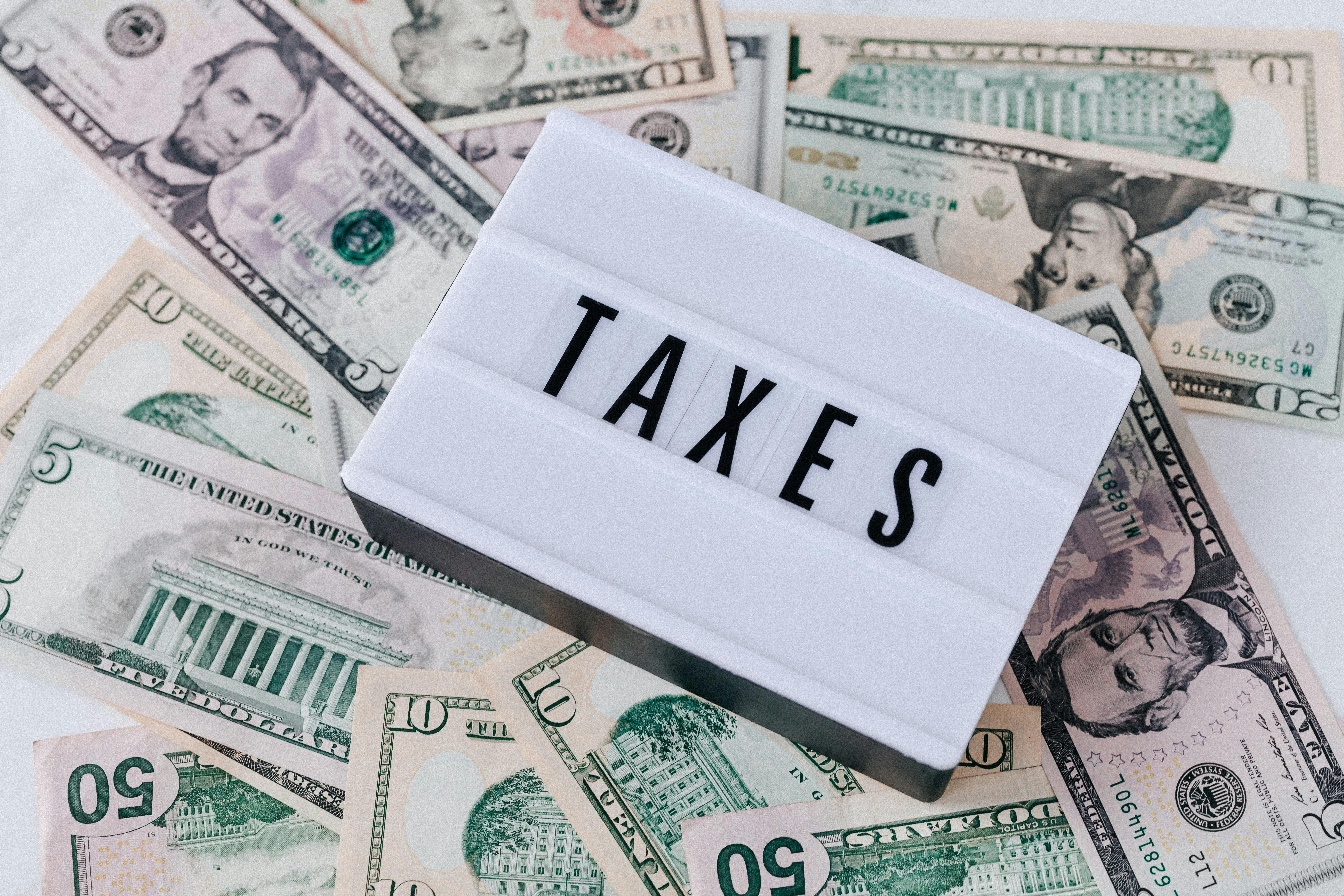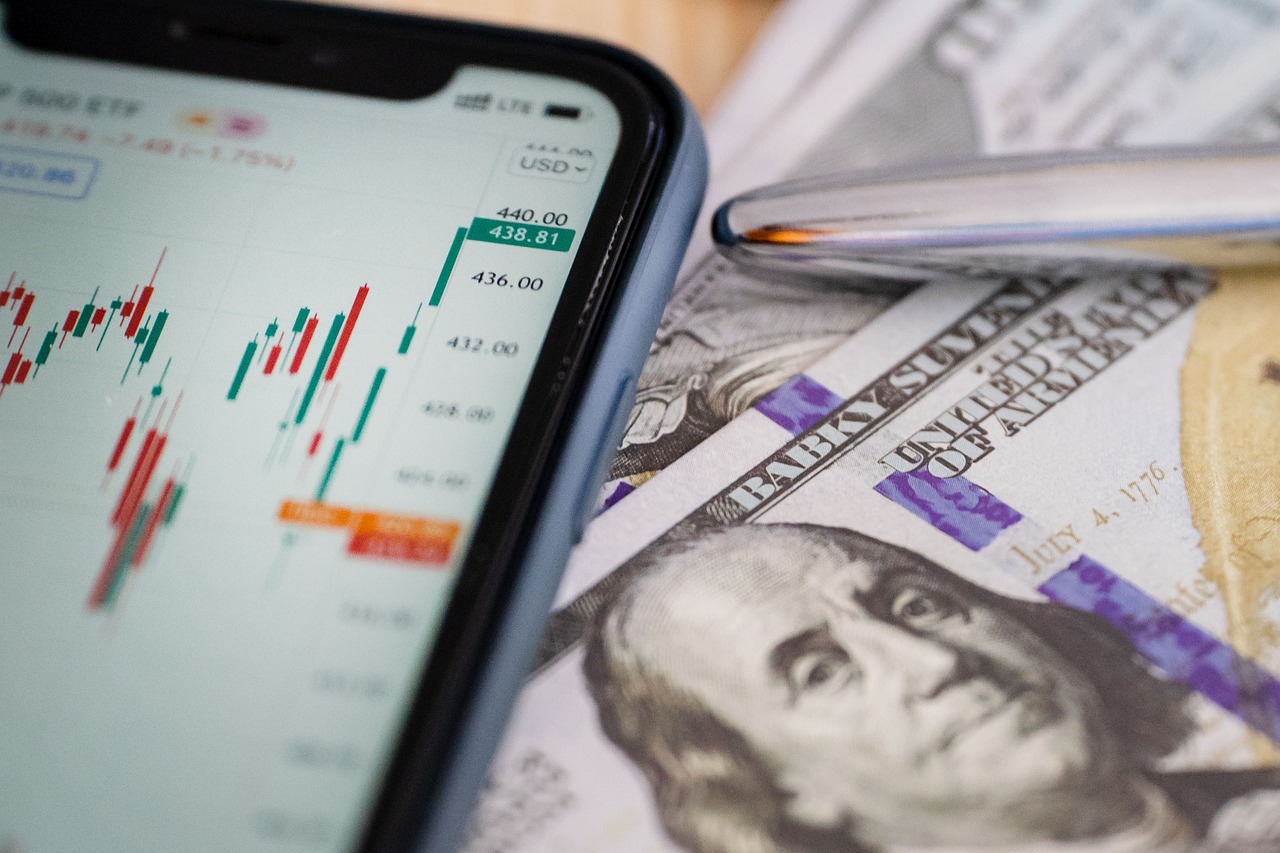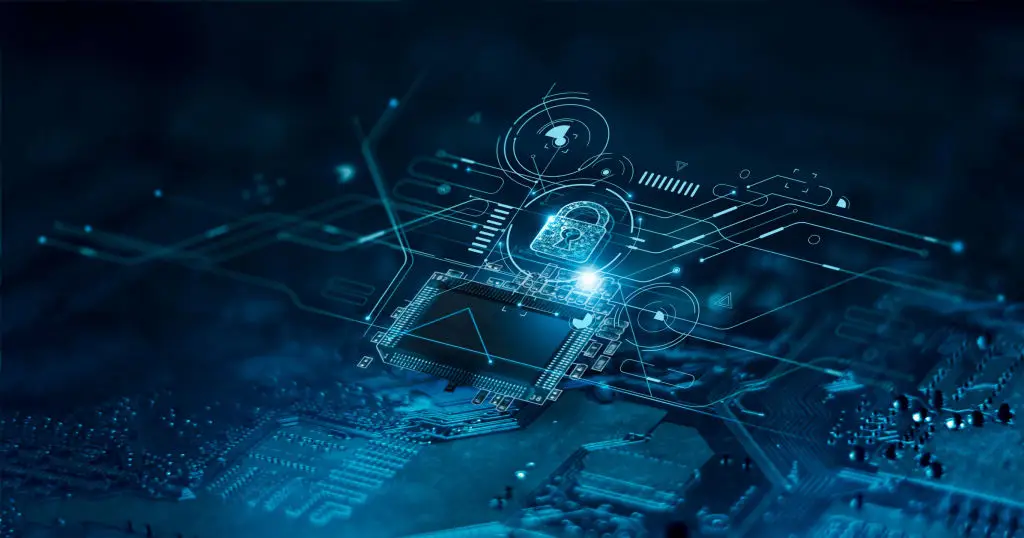5 Real-World Assets That Will Be Tokenized Next (and Why It Matters)
In the rapidly evolving landscape of digital finance, the tokenization of real-world assets is emerging as a transformative force. This process involves converting physical assets into digital tokens on a blockchain, promising enhanced liquidity, accessibility, and efficiency. As blockchain technology matures, it is reshaping how we perceive ownership and investment. This article delves into five real-world assets poised for tokenization, exploring the implications for investors, industries, and the global economy. By understanding these developments, stakeholders can better navigate the emerging tokenized economy, unlocking new opportunities and fostering a more inclusive financial ecosystem.
Real Estate: Unlocking Liquidity and Access

Real estate, traditionally characterized by illiquidity and high entry barriers, stands at the forefront of tokenization. By converting property ownership into digital tokens, investors can purchase fractional shares, democratizing access to real estate markets. This shift not only enhances liquidity but also enables global participation, allowing individuals to invest in properties worldwide without the need for substantial capital. Tokenization simplifies transactions, reduces costs, and increases transparency, addressing long-standing inefficiencies in the real estate sector. As a result, both retail and institutional investors can benefit from diversified portfolios and improved market accessibility.
Art and Collectibles: Preserving Value in the Digital Age

The art and collectibles market, often plagued by issues of provenance and valuation, is ripe for tokenization. By creating digital tokens that represent ownership of physical artworks or collectibles, blockchain technology can ensure authenticity and traceability. This innovation reduces the risk of forgery and enhances the security of transactions. Furthermore, tokenization allows art enthusiasts and investors to own fractional shares of high-value pieces, broadening access to this exclusive market. As digital art gains traction, tokenization bridges the gap between physical and digital realms, preserving cultural heritage while embracing technological advancements.
Commodities: Enhancing Trade Efficiency

Commodities such as gold, oil, and agricultural products play a pivotal role in global trade. Tokenizing these assets can streamline trading processes, reducing friction and increasing transparency. By representing commodities as digital tokens, stakeholders can conduct transactions more efficiently, with reduced intermediaries and lower costs. This evolution facilitates real-time settlement and mitigates counterparty risk, enhancing market stability. Moreover, tokenization enables fractional ownership, allowing smaller investors to participate in commodity markets traditionally dominated by large players. As a result, the democratization of commodities fosters a more inclusive and efficient trading environment.
Intellectual Property: Revolutionizing Rights Management

Intellectual property (IP), encompassing patents, copyrights, and trademarks, is a valuable yet often undervalued asset class. Tokenizing IP allows creators and investors to monetize these assets more effectively. By representing IP rights as digital tokens, blockchain technology ensures transparency and traceability, simplifying licensing and royalty distribution. This innovation empowers creators by providing them with direct access to global markets, bypassing traditional intermediaries. Furthermore, tokenization facilitates fractional ownership of IP, enabling investors to diversify their portfolios with innovative assets. As the creative economy expands, tokenized IP heralds a new era of rights management and value realization.
Infrastructure: Building the Future with Blockchain

Infrastructure projects, including transportation, energy, and telecommunications, are essential for societal development but often face funding challenges. Tokenization offers a novel solution by enabling fractional ownership and investment in infrastructure assets. By converting these projects into digital tokens, stakeholders can raise capital more efficiently, attracting a broader range of investors. This approach enhances transparency and accountability, ensuring funds are allocated effectively. Additionally, tokenization democratizes access to infrastructure investments, allowing individuals to contribute to and benefit from the development of critical societal assets. As a result, tokenized infrastructure paves the way for sustainable growth and innovation.
Embracing the Tokenized Future

The tokenization of real-world assets represents a paradigm shift in how we perceive ownership, investment, and value exchange. By embracing this digital transformation, industries can unlock new efficiencies, enhance transparency, and foster inclusivity. As blockchain technology continues to evolve, the tokenized economy will play an increasingly vital role in shaping the future of finance. For investors, businesses, and policymakers, understanding and adapting to these changes is crucial for capitalizing on the opportunities presented by tokenization. By doing so, we can build a more equitable and efficient financial system, driving innovation and prosperity in the digital age.







